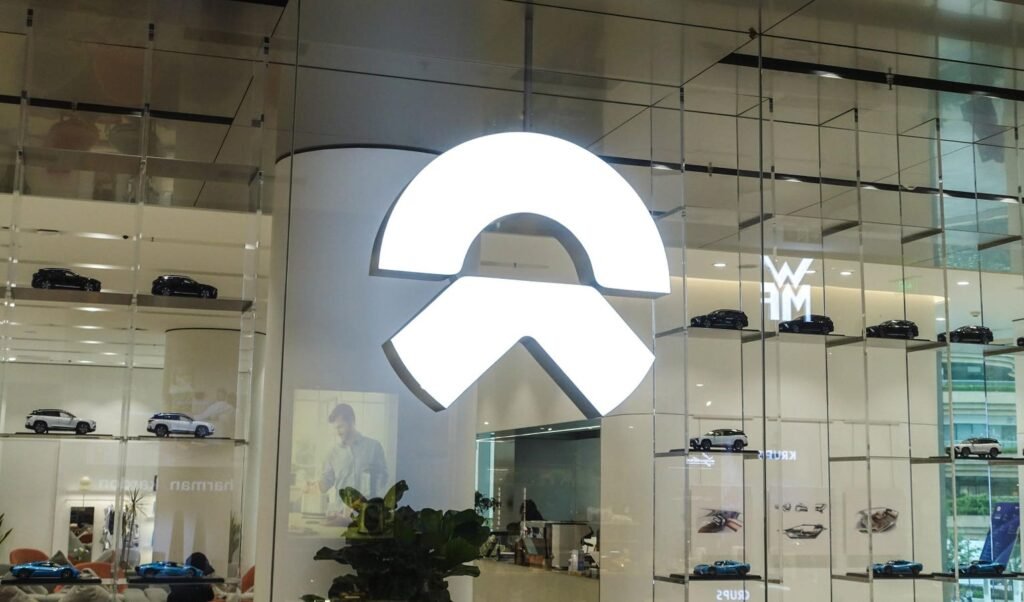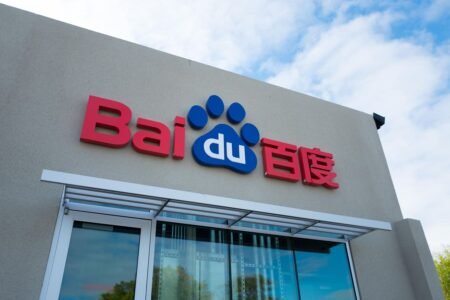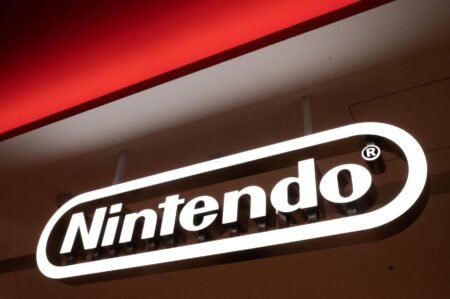Chinese luxury electric vehicle maker Nio has experienced a significant decline in its stock price this year, dropping by about 47% year-to-date. In comparison, rival Xpeng’s stock has decreased by 29% over the same period. However, Nio achieved a record number of monthly deliveries in June, shipping 21,209 vehicles, a 98% year-over-year increase, and delivering a total of 57,373 units for the quarter, a 144% rise compared to the previous year.
Nio’s growth has been attributed to changes made to its EV battery rental program in March and a favorable comparison with last year’s sales decline. The company’s performance outpaced its competitors, with Xpeng delivering 10,668 EVs in June, a 24% increase year-over-year, and Li Auto shipping 47,774 vehicles, a 46.7% jump from the previous year, driven by the launch of a lower-priced EV model.
Despite strong delivery numbers, Nio’s stock has declined significantly, falling 90% from levels of $50 in January 2021 to around $4 currently. The stock has underperformed the broader market for the past three years, with returns of -35% in 2021, -69% in 2022, and -7% in 2023. In comparison, the S&P 500 saw returns of 27% in 2021, -19% in 2022, and 24% in 2023, indicating Nio’s underperformance.
The Trefis High Quality Portfolio, comprising 30 stocks, has outperformed the S&P 500 each year over the same period, providing better returns with less risk. With an uncertain macroeconomic environment, including high oil prices and elevated interest rates, the question remains whether Nio will continue to underperform the S&P or see a recovery in the next 12 months.
Nio has introduced its lower-priced Onvo brand, targeting Tesla’s Model Y crossover, with an introductory price 10% below Tesla’s model in China. The Chinese government’s support for the EV industry, including new incentives for consumers to trade older gasoline cars for electric vehicles, could benefit mass-market EVs like Nio’s Onvo brand. However, the crowded Chinese EV market and severe price competition pose challenges for Nio.
To reduce costs, Nio is sourcing batteries from BYD and investing in building out its EV charging infrastructure. The company’s stock currently trades at about $4.50 per share, approximately 1x consensus 2024 revenues. The competitive landscape of the Chinese EV market and Nio’s strategies to navigate it will play a crucial role in determining the company’s future performance.












